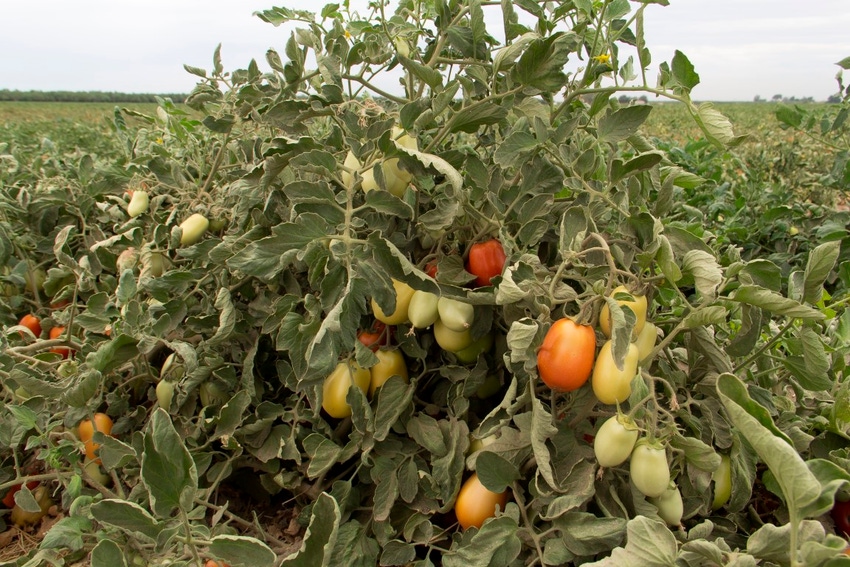
New noxious weed found in California processing tomato field
The first U.S. detection of the noxious weed Egyptian broomrape (Orobanche aegyptiaca) has been found in a processing tomato field in Solano County, Calif.In certain areas of the world, the weed can infect about 30 broadleaf plants, including bell pepper, tomato, cabbage, sunflower, carrot, eggplant, celery, melons, potato, sunflower, and various legumes.
August 26, 2014

The first U.S. detection of the noxious weed Egyptian broomrape, Orobanche aegyptiaca, has been found in a processing tomato field in Solano County, Calif.
According to Osama El-Lissy, deputy administrator with the USDA APHIS Plant Protection and Quarantine (PPQ) program, the Egyptian broomrape weed was found by a PPA botanist July 17.
The California Department of Food and Agriculture (CDFA) submitted the sample.
According to Wikipedia.com, a single Egyptian broomrape plant can produce hundreds of thousands of tiny seeds capable of living in the soil for 15 years. The seeds can be dispersed by wind and farm machinery.
If weather conditions are right, the parasite can draw water and nutrients from a plant host.
Egyptian broomrape is found in Africa, the Middle East, several Asian countries, and Eastern Europe.
In some areas, the weed infects about 30 broadleaf plants, including bell pepper, tomato, cabbage, sunflower, carrot, eggplant, celery, melons, potato, sunflower, and various legumes.
In watermelon, Egyptian broomrape can reduce yield by 50 percent.
In response to the single detection, CDFA and Solano County are working together to gather additional information, performing surveys to determine the extent of the infestation, determining appropriate next steps for the on-site disposal of plant material, and remediating the single infested field of about 40 acres.
PPQ is providing technical support to CDFA. In addition, PPQ Smuggling Interdiction and Trade Compliance personnel are assisting with the trace-forwards and the trace-backs.
El-Lissy calls Egyptian broomrape a federal noxious weed (FNW). The genus Orobanche contains approximately 150 species - all commonly called broomrape.
You May Also Like



